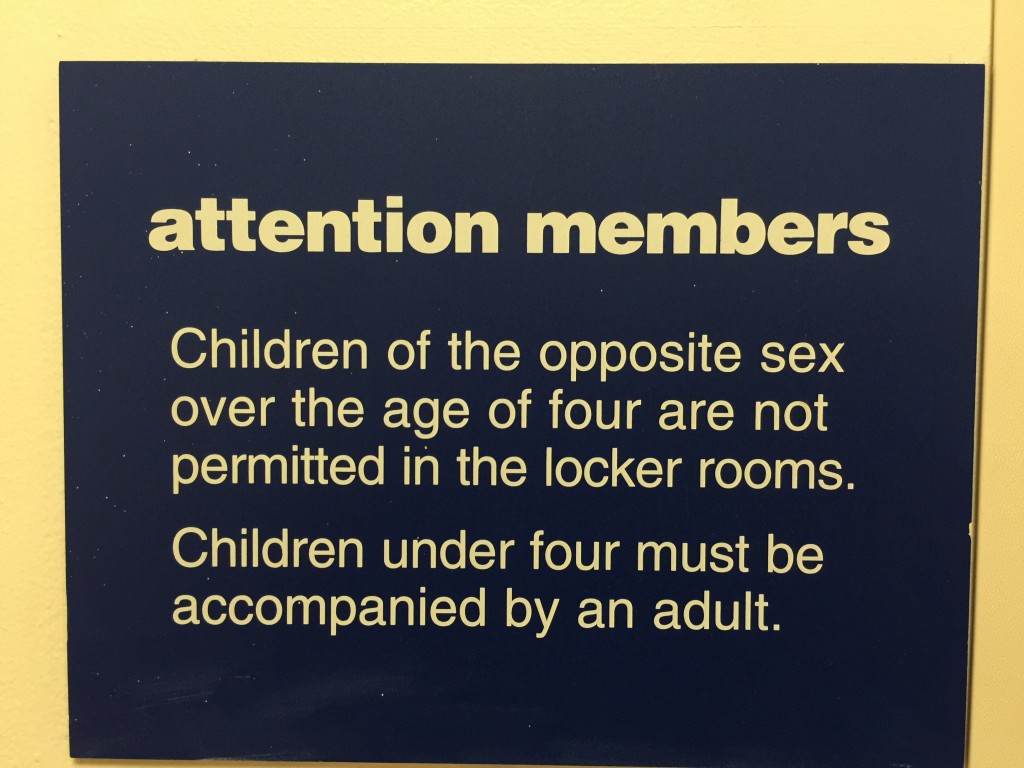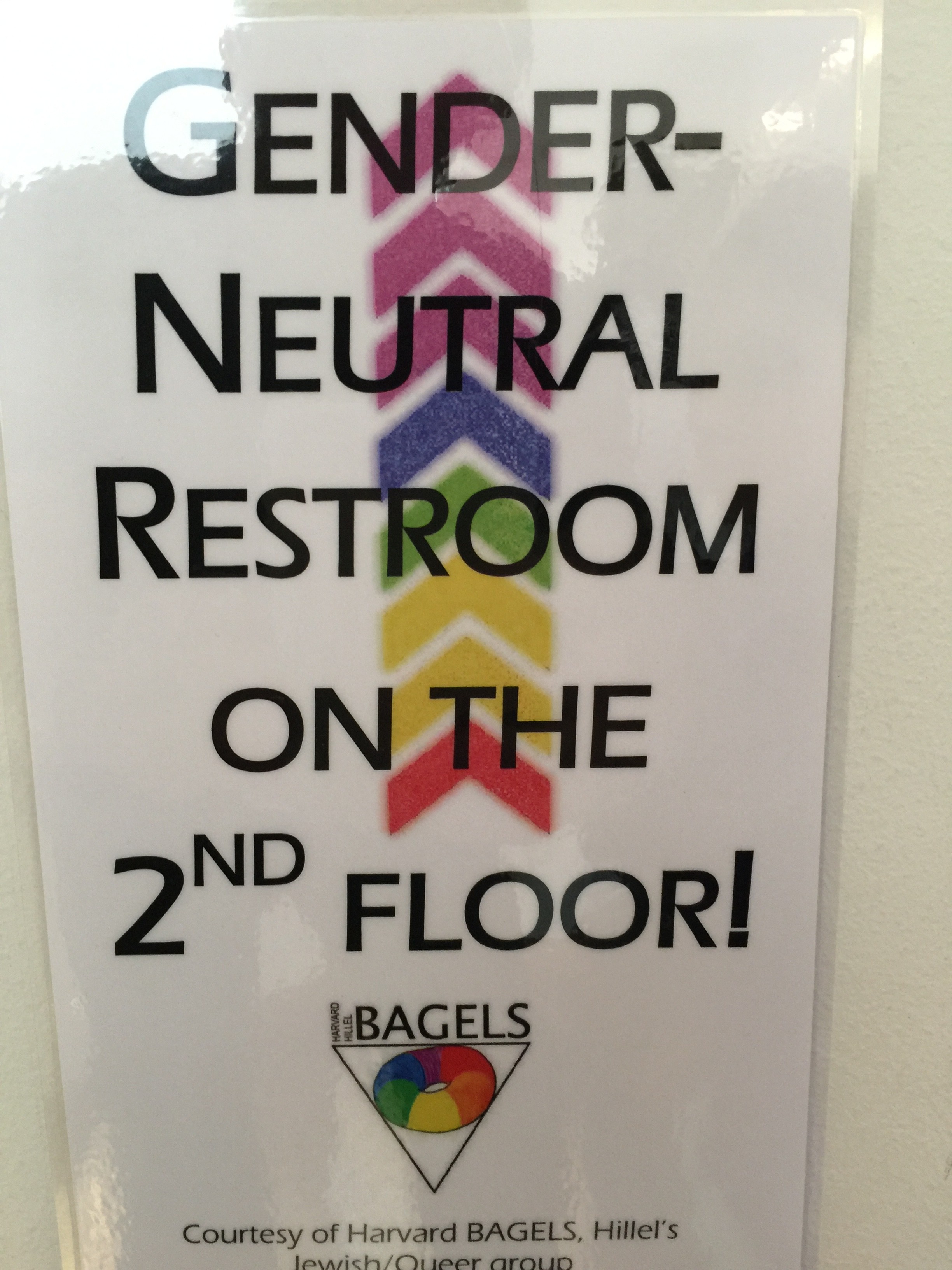Under the “it takes a lot of courage to condemn a convicted rapist” principle, my Facebook friends are complaining about what they feel to be the insufficient punishment meted out to Brock Turner (strictly speaking, he was not tried for or convicted of “rape,” though the New York Times and other national media refer to him as a “rapist”). His family probably spent roughly $1.5 million on a criminal defense (source of estimate). Unless he emigrates he will spend a lifetime as a third-class citizen on the sex offender registry. He will be in prison for up to six months (this latter punishment being the focus of public outcry).
As I was not in the courtroom hearing the evidence it is not for me to say whether or not justice was served. (And people who are outraged that he didn’t get the maximum sentence possible should review Langbein’s “Torture and Plea Bargaining” to learn how today’s maximum sentences relate to what were considered fair sentences pre-1960.) However, I think that nearly everyone would agree that, without alcohol having been consumed by both criminal and victim, at least this particular crime would not have occurred.
The politically acceptable point of view seems to be that we should change the behavior of drunken men, e.g., with harsher punishments for bad behavior while drunk. I wonder how successful that can be, though, given that there are already harsh punishments, mostly practical but also criminal justice-related, for bad behavior while drunk and yet humans continue to drink when alcohol is available and behave badly when drunk.
What about Prohibition? It didn’t work very well 100 years ago, but the modern police state is much more sophisticated. Americans are packed much more tightly together and subject to more surveillance. Getting truckloads of alcohol across the border from Canada doesn’t seem as practical today as it was in 1920.
There are a lot of reasons why Prohibition could make more sense today than it did in 1920.
In 1920 if a person suffered health problems due to alcohol consumption the cost of treatment and disability fell on the individual and his or her family. Today, through a combination of Medicaid, Medicare, Obamacare, and SSDI, most of those costs will fall on taxpayers. Society thus has a more compelling interesting in prevent residents from drinking than it did in 1920.
In 1920 the government had debts that were minimal by today’s standards. The government was not obligated to pay large pensions to former public employees. There was no Social Security or Medicare. Headline bond debt was not at 100 percent of GDP. If Americans didn’t work at maximum efficiency the consequence was slower economic growth, not insolvency. Americans would have to work productively pretty close to 24/7 to pay off all of today’s obligations. Given the lack of productivity of drunk people, it seems intuitively obvious that we would have a larger economy and therefore pay more in taxes if none of us ever drank (except when traveling to foreign countries). [See link below, though, for a posting questioning this common sense idea.]
In 1920 the U.S. did not have a significant Muslim population whose religious principles prohibit alcohol consumption.
In 1920 there was a reasonably high percentage of jobs where consuming alcohol wouldn’t affect performance too much. Today even a slight mistake with a computer can cost the employer a fortune (21st century draft horse posting) and massive litigation costs can be incurred after missteps (you’ll never believe what happens when the rushed workers at Panera try to fill an order for grilled cheese that contains two comments regarding peanuts).
Could it make sense to prohibit alcohol when various U.S. states are in the process of legalizing marijuana? If alcohol is more likely to lead to stuff that society no longer wishes to tolerate, I don’t see why it would be inconsistent to ban alcohol while freeing the stoners to do as they please.
[Of course you could argue that preventing people from drinking alcohol takes away their liberty, but it seems that Americans are long past the point where liberty per se is a concern.]
Related:
Full post, including comments 



